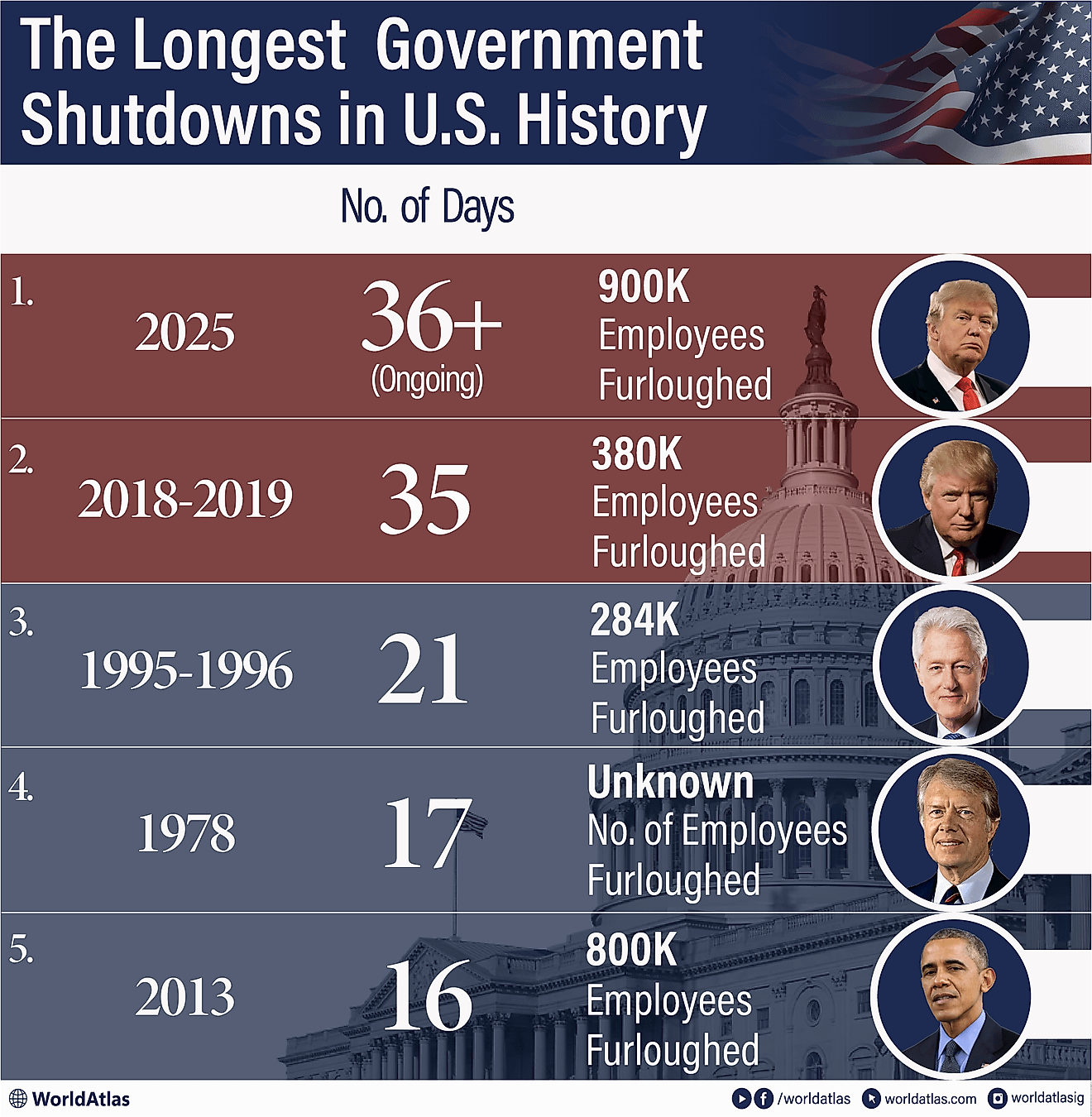The Different Forms Of Government By Socio-economic System Attributes

Various governments across the globe were formed based on different attributes depending on several factors. A majority of the contemporary governments were formed based on socio-economic attributes; they include tribalism, feudalism, despotism, minarchism, socialism, communism, totalitarianism, anarchism, distributism, and capitalism. The formation of governments based on the social-economic system became an important feature after WWII that it nearly resulted in a conflict between the capitalist US and the communist Soviet Union. The difference in social-economic ideologies and the need to control the spread of the ideologies resulted in the two countries engaging in a proxy war in Korea and Vietnam. Today, governments are formed based on various socio-economic system attributes that suit the needs of the population.
Forms of Government by Socio-Economic System Attributes
Tribalism
Tribalism refers to a state of advocating or the occurrence of a situation based on the tribe or tribes. It can also refer to a cultural way of life, thinking, and behavior in which people are loyal to a specific group of people. Precolonial Africa, Asia, and even parts of Europe were governed based on the majority tribe. Today political organizations based on tribes are shunned and treated as prejudice. Globalization of politics, migration, and shared culture have contributed to the downfall of tribal systems of government.
Despotism
Despotism is a system of government where the majority of the decision making and resources are left to a single individual. The decision maker is always the person holding the highest office in the land. Such political systems include the Egyptian governments during the era of pharaohs, and the Roman Empire during the reign of emperors.
Feudalism
Feudalism was a political system that is closely related to despotism. The king owned the natural resources in the kingdom, but unlike despotism, the king would issue much of the land to the nobles who were either influential in the society or held respectable military posts. The land issued to the nobles was known as manors. The nobles would then subdivide the land and issue them to their families or vassals. The lands issued to the vassals was known as fiefs. The system was common in Europe between the 9th and 15th century. A similar system known as Lqta was used in medieval Islamic societies. However, unlike Europe, the Islamic Sultans issued land based on one’s ability to pay tax rather than serve in a military position or manual labor.
Colonialism
Colonialism is a system of governance whereby the native community, tribe or society is subjugated by an external power. From early to mid-20th century several European countries colonized African states with the aim of acquiring slaves, free labor, and resources form the continent in what came to be referred to as “scramble and partition of Africa.” Colonialism is no longer considered a system of governance but oppression in modern day society.
Capitalism
Capitalism is a system where private individuals own the means of production in the economy. Other individuals can then negotiate the use of the factors in exchange for money or a portion of the final product as agreed by both parties. Capitalism is based on the principle of equal opportunity.
Socialism
On the other hand, socialism refers to a system where the means of production are socially owned. The system is based on the framework of decentralization of autonomous economic units. Public services such as education and healthcare are either owned by the community or the state.
Communism
Communism is closely related to socialism. The means of production are owned by the society either by a communist state or by the commune. The profits from production are used to develop the society rather than for personal benefit. After the Second World War, the United States and the Soviet Union sought to establish global social and economic orders based on capitalism and communism respectively. The difference led to a nuclear race that led to proxy war in Vietnam and Korea and nearly resulted in the third world war.
Minarchism
Minarchism is a form of capitalism where the government’s role in the economy is reduced to that of oversight of key economic sectors that cannot be left to the mass. The government handles key sectors of the society such as security and justice. It also protects the masses from aggression, fraud, breach of contract, and theft.
Distributism
Distributism is also a form of capitalism with features of socialism. The means of production are considered a fundamental right and are therefore spread to the people rather than centralizing them on individual people or state.
Anarchism
Anarchism refers to a system of governance that advocates for self-governing societies. Societal order is maintained by voluntary institutions. Anarchism is also referred as stateless, free associations non-hierarchical societies. The federal government is viewed as unnecessary, undesirable and a harmful body that interferes with the order in the society.
Totalitarianism
Totalitarianism refers to a political system where the government has no limit in exercising its authority. The state controls the public and private activities without the consent of those involved. Totalitarianism governments are known to stay in power for longer periods. The state spreads propaganda and threats through state-owned media. Totalitarianism is close to dictatorship; any attempts oust the government is met with fury. North Korea is among the countries known to exercise this system of governance.











